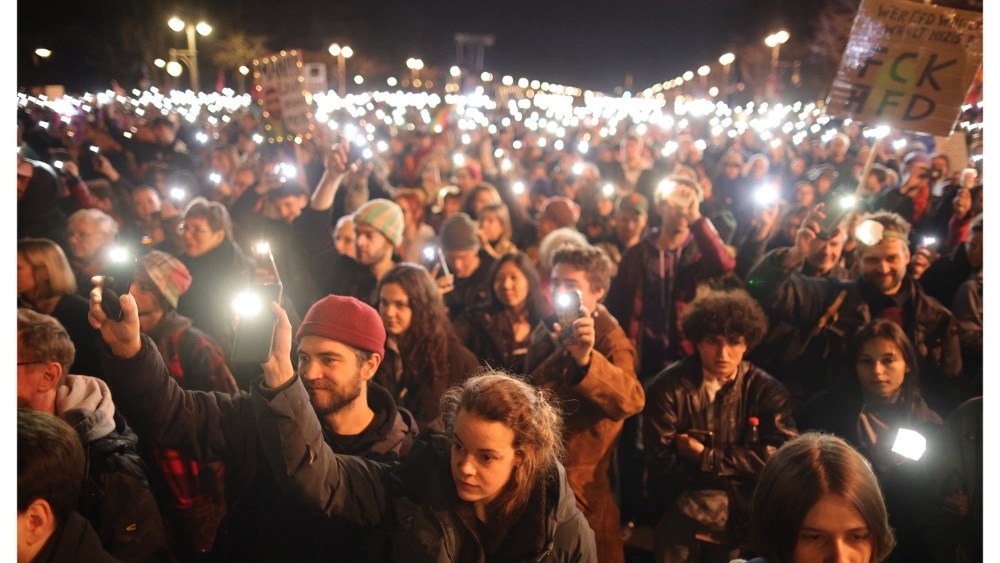German Film Law Removes Diversity Clause, but Producers Optimistic
As Germany shifts to the right, will its movies and TV series become less diverse?
After making major strides to promote diversity in film and TV productions in recent years, the German film industry could now be facing a setback in this effort. The country, which is home to the Berlin Film Festival and European conglomerates such as RTL Group, recently passed a film funding law that removed a clause requiring all local productions to meet specific diversity, gender equality and inclusion criteria.
The German parliament — before being dissolved in December — ushered in a watered-down version of the country’s planned new film law that will create a more centralized funding system for production, distribution and exhibition. In the rush to get this crucial piece of legislation passed, German Culture Minister Claudia Roth “had to make some compromises in order to get the majority in parliament to vote for it,” says Martin Moszkowicz, the former chief of German giant Constantin Film who is now a prominent producer.
One of those compromises was removing the diversity clause that does not sit well with Germany’s more conservative forces. The clause is certainly opposed by the far-right, anti-immigrant Alternative for Germany (AfD) party, which is projected to win more than 20% of the vote at the national elections on Sunday.
But “the [diversity] rules were not there to actually impose anything,” says Philipp Kreuzer, chairman of the supervisory board of promotional body German Films and founder of Munich-based Penzing Studios. “They were there just to actively motivate people to make films that are diverse.”
He notes that even though the diversity clause fell out at a national level, it doesn’t mean that it’s not still in place when it comes to getting regional funds. Broadcasters in Germany “will still be following diversity rules when they commission projects,” he adds.
“Diversity should just happen automatically, not forced by a law, because that way it probably won’t happen anyway,” says producer Fred Burle, a partner in the Berlin-based One Two Films, whose credits include “Holy Spider” and Berlinale title “Köln 75.” However, he says removing the clause was a “very retrograde” act and personally “very frustrating” for him “being a minority myself: a foreign guy, a queer guy. And I could say that for all the other minority groups or groups that feel they are a minority.”
Depending on the outcome of the Feb. 23 elections, it’s possible that the diversity clause will be reintroduced into Germany’s film law. Regardless, Kreuzer and other German producers are optimistic that even if that were not to happen, this would not result in a huge backlash. “Everyone in this industry knows that diversity is part of our culture and we are not going to give it up,” Kreuzer says.
That feeling is echoed by Berlin-based producer Roman Paul (“Waltz With Bashir,” “Santosh”).
“Regardless of any regulatory changes, we at Razor Film remain committed to diversifying both our teams and themes, having worked with more female than male filmmakers to date,” he says.
Case in point is the company’s new project “Identitti,” directed by Randa Chahoud (“The Interpreter of Silence,” “Deutschland 89”) and based on the eponymous novel by Mithu Sanyal. “Identitti,” which will go into production in April, explores what Paul describes as a very diversity-related question: “Why would a white German pretend to be an Indian scholar? It is up to her best student — who is also navigating what it means to live here with both Indian and Polish heritage — to find out.”
Besides, as Moszkowicz puts it, “there are other ways to implement diversity” besides the film law. Ultimately, he says, “it should be done because it’s the right thing to do — and I am confident that we will.”


